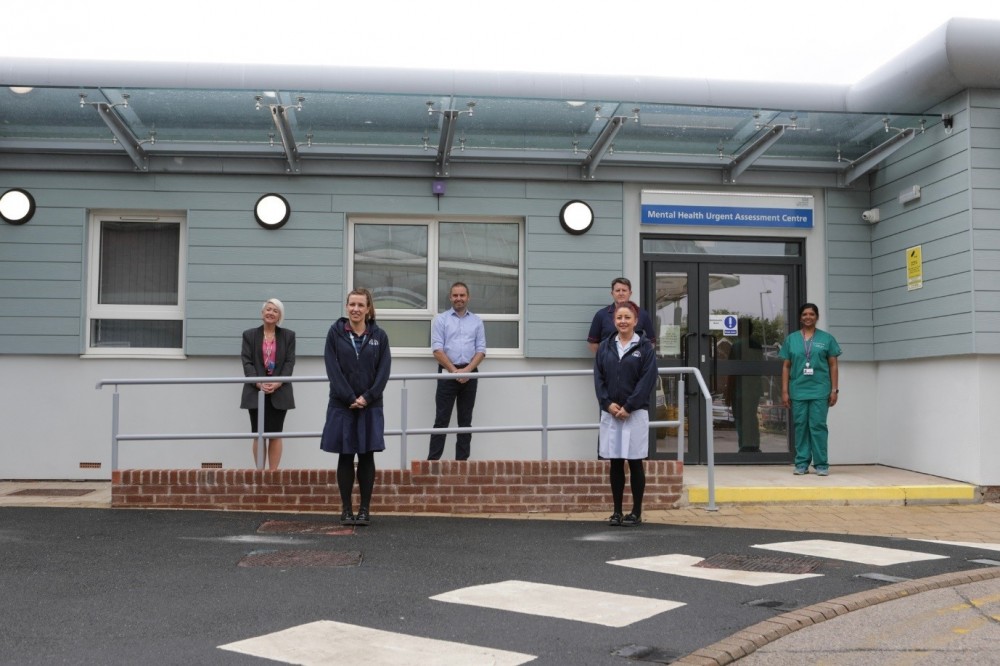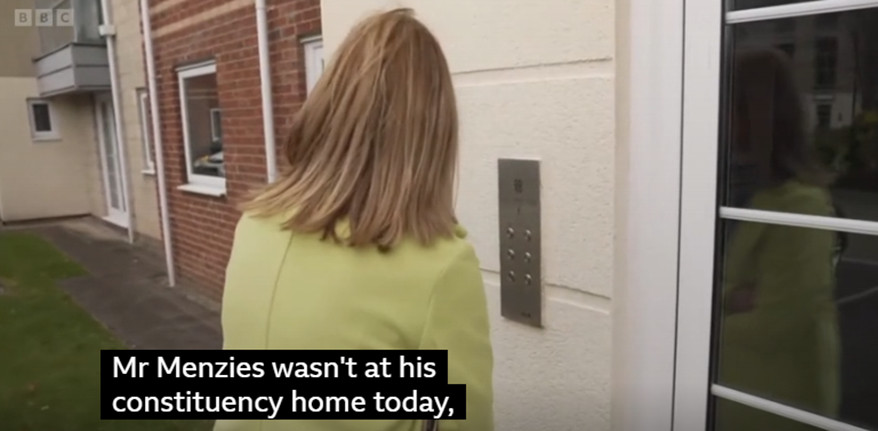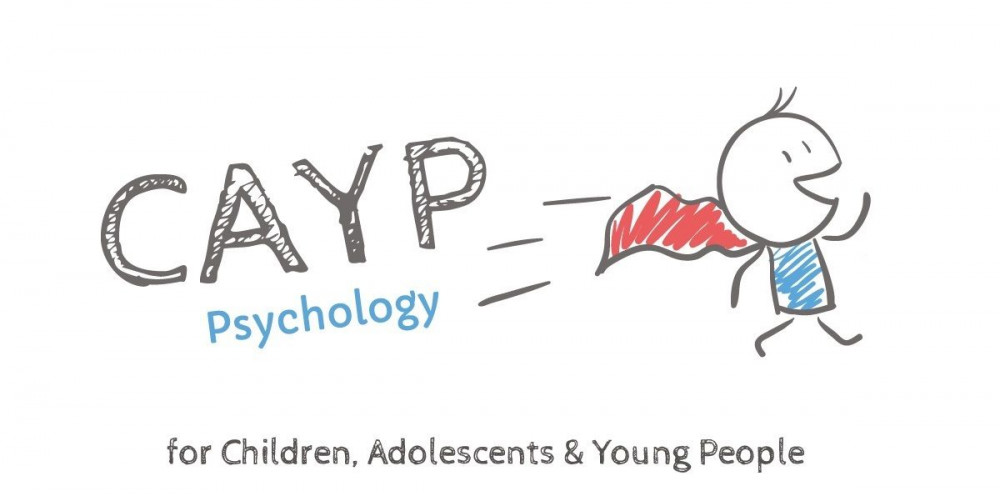A safe and calm assessment space for those experiencing urgent mental health needs and have no coronavirus symptoms or physical injuries has been established next to the A&E Department Blackpool’s Victoria Hospital. This Mental Health Urgent Assessment Centre (MHUAC) has been opened this week by Lancashire and South Cumbria NHS Foundation Trust (LSCFT), in collaboration with Blackpool Teaching Hospitals.
The centre has three purpose-built assessment rooms for service users and their carers. With access to highly trained mental health nurses, consultant psychiatrists, support workers, and trainee nursing associates, service users will be assessed, supported and treated as required.
Mental Health Clinical Director for Lancashire and South Cumbria FT, said: ‘The new facility for assessment of individuals who may present to the Emergency Department will enable us to provide a much more responsive service to our Emergency Department colleagues and of course service users. Assessments can take place in an improved environment and support us in discharging service users home.’
Clinical lead for the Emergency Department, Dr Adeline Israel, said, ‘This new mental health model being developed to provide an alternative pathway for patients accessing emergency departments is a milestone in transforming emergency mental health care. It is acknowledged that emergency departments are busy, high stimulus environments and are not the ideal place for patients suffering with mental health difficulties in crisis. The proposed joint triage by the Emergency Department and Mental Health teams also supports service users accessing the new unit when they require a safe environment for urgent assessment. The MHAU is an ambulant assessment area which provides a calming environment for the assessment and development of treatment plans for more complex service users who are in crisis and are accessing emergency services but have no medical need.’
She continued, ‘The reduction in time pressure enables the service user to think through more clearly the nature of their crisis and the sort of help they need to recover, both over the short and long term, and gives clinicians time for more thorough, ongoing assessment. The aim is to provide an environment and atmosphere that is conducive to enabling service users to relax, and to provide high quality, thorough assessment, leading to well developed, service user-centered treatment plans. This will enable the service user to both manage their immediate crisis and place them onto a usually community based pathway, leading to more robust recovery.’



















